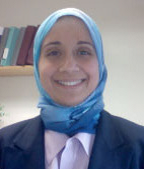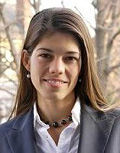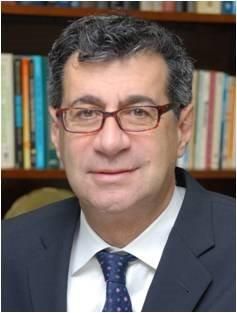This workshop will provide a forum for discussing how science and engineering education, research, and innovation can be strengthened in the GCC countries. The participants will review its existing status, identify emerging challenges and opportunities, and discuss how both policy and private enterprise may be leveraged for seeding and sustaining effective initiatives. The workshop will focus on exploring the role and impact of international partnerships, opportunities for regional cooperation 2 within GCC, and strategies for local capacity building in science and technology research and innovation.
3 DAYS / 12 Workshops
MORE THAN 300 ACADEMIC PAPERS
We will focus the workshop on areas of inquiry that are unique and relevant to the GCC
region. Some of the primary topics that we seek to explore in detail are: 1) the role of
international partnerships in research and higher education in the GCC, 2) improvement
3
of regional cooperation among the GCC states, and 3) incentives for enhancing local
participation in STI.
International collaborations are recognised as an important new phase in scientific
research (Adams 2013). All GCC countries have sought to establish partnerships at
various levels with foreign institutions in education and research over the past several
years. The collaborative engagements consist of different types, including establishment
of foreign campuses of universities based in the US and Europe, joint-degree
programmes and research centres, and exchange programmes of students and researchers
(Hajjar and Gotto 2013). In this workshop, we will seek to discuss the unique regional
context and its implications on the structure and nature of international partnerships. A
special focus will be on identifying models of collaboration, and discussion of why some
have performed better, and how others may be improved. The discussion will seek to
elicit lessons learned from the past and existing programmes in the region to inform
planning and design of future initiatives.
While international links are growing in the GCC, there are indications of low and in
some cases non-existent collaboration between regional institutions. A key focus in the
workshop will be to explore how regional cooperation between institutions located in the
GCC countries can be enhanced so that common important issues of sustainability,
societal welfare, and economic diversification are better addressed. The workshop will
seek to identify the causes for the current state (of lack of interactions), and to investigate
how scientific and technological cooperation can be increased so that shared learning and
enterprise can spur research and innovation in the region for all partners.
Another key topic that we aim to discuss in the workshop is the level of participation of
local (citizens) in programmes of higher scientific and technical education, research,
innovation and entrepreneurship. A critical mass of locally trained and high quality
students, faculty, innovators and entrepreneurs is needed to sustain and advance STI in
the region (Adams et. al. 2011). Some of the areas we seek to investigate include
identifying existing barriers for local participation in STI, incentive structures for
attracting local talent, mechanisms for increasing women’s participation in STI beyond
education, and strategies for promoting societal appreciation and recognition of the role
of STI in national development and progress.


